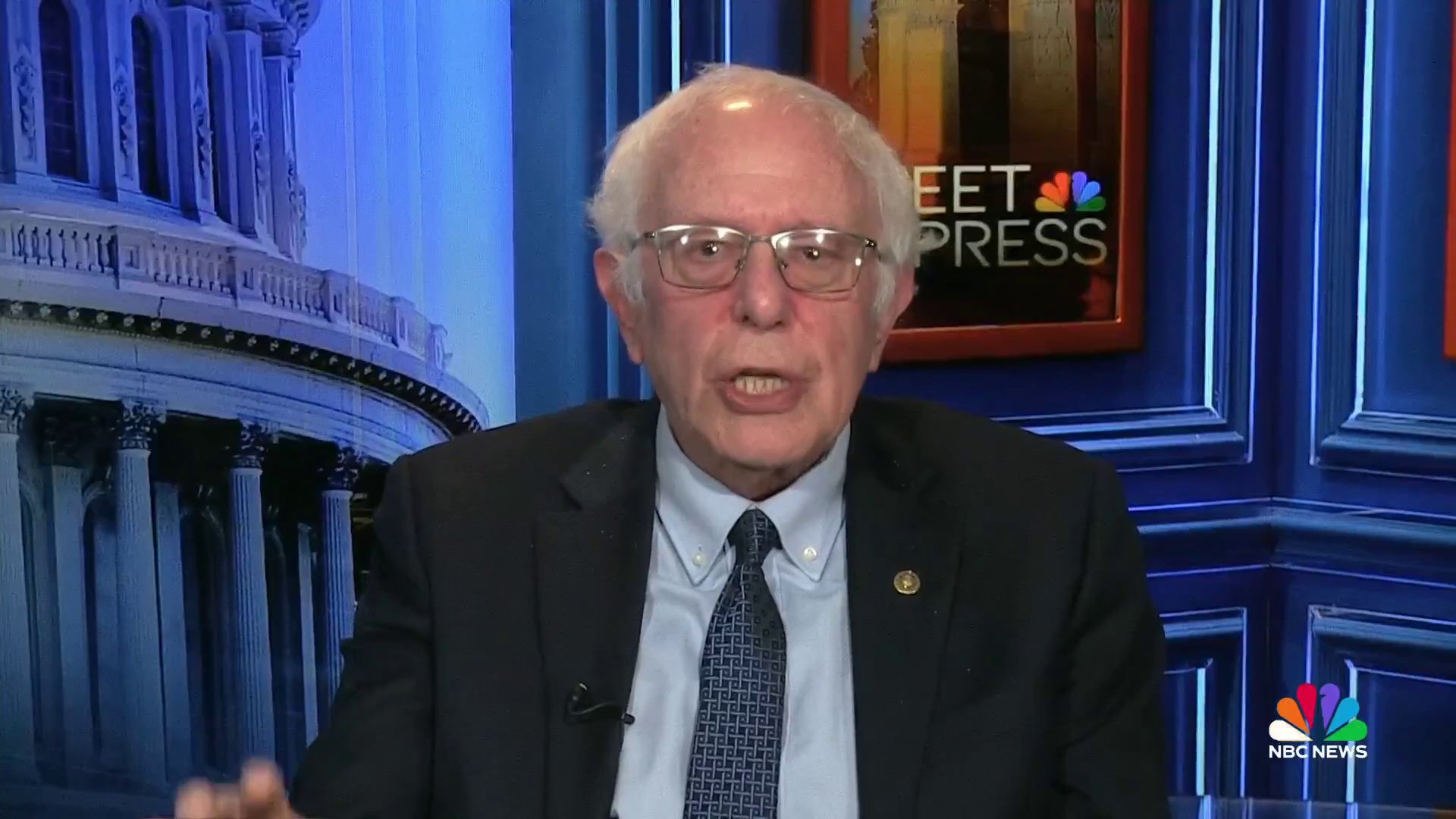
Political divisions, where people strongly criticize supporters of opposing parties, are becoming more common in democracies worldwide. To combat this troubling trend, policymakers need to focus on fostering sustainable economic growth, maintaining shared public spaces, and preventing the spread of biased information.
In many of the world’s largest democracies, deep political rifts are apparent as they gear up for elections. A study in the United States labeled this phenomenon as “political sectarianism,” warning of its damaging effects on civic engagement and governance. Similar trends are observed in other polarized countries like Argentina, Colombia, South Africa, Spain, Sweden, and the US, as highlighted by the 2023 Edelman Trust Barometer.
The study conducted in the US revealed a concerning shift in attitudes, with people increasingly fearing and despising those from opposing political camps. This polarization extends to social interactions, with individuals expressing reluctance to engage with or even live near someone with different political views. Shockingly, political affiliation has become so significant that people are willing to alter other aspects of their identity to align with it.
The findings from the Edelman survey are alarming, indicating a widespread unwillingness to cooperate or empathize with those holding different viewpoints. Such rampant political sectarianism undermines the essence of democracy, which relies on shared values and collaboration across diverse perspectives.
Addressing this trend requires meaningful electoral reforms. Systems like “ranked choice” voting encourage broader representation and discourage extreme positions, unlike the divisive nature of primary elections in the US.
Furthermore, ensuring economic opportunities for all is crucial. Social security, tax policies, and healthcare initiatives must be geared towards uplifting marginalized communities. However, mere economic growth is not enough; it’s essential to foster widespread belief in the fairness of the economic system.
Maintaining public spaces plays a vital role in fostering social cohesion. Investments in venues like schools, parks, and libraries provide opportunities for interaction and dispel misconceptions. Schools, in particular, play a crucial role in shaping community values and should be supported, especially amidst challenges like increased absenteeism due to the pandemic.
Combatting information silos is also imperative. Social media algorithms often reinforce ideological bubbles, exacerbating polarization. Encouraging critical evaluation of information consumption and reducing reliance on social media can help mitigate this issue.
Political leadership also plays a significant role. Leaders who demonize their opponents exacerbate polarization, while those who promote unity contribute to a more cohesive society.
Ultimately, fostering a sense of shared humanity is crucial in overcoming political polarization. Examples of empathy, even towards adversaries, can serve as powerful antidotes to division. A poignant illustration comes from the war in Ukraine, where a general’s statement underscores the importance of love and solidarity in overcoming conflict.






